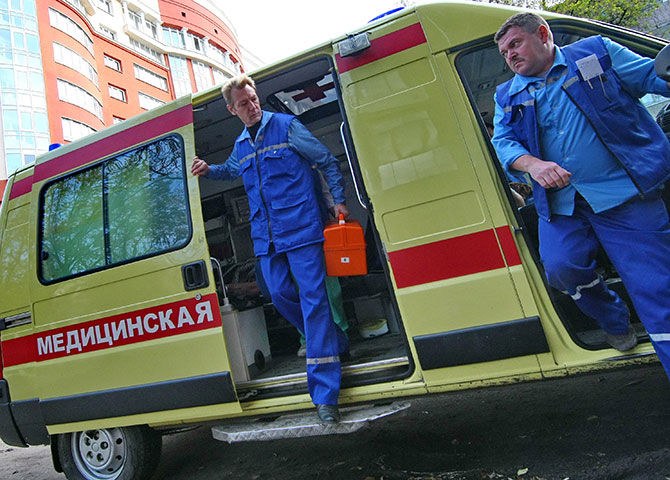Paramedic
The word "paramedic" literally means a "field doctor", so called in German military physician who in the field treated the wounded. The paramedic is a specialist with secondary medical education. He has the right to independently diagnose and implement treatment, guide the patient if necessary, to a specialist and prescribe sick leave.
That is the right of self-diagnosis and distinguishes paramedics from nurses or male nurses, who do not have this right. Therefore, a paramedic may sometimes replace a doctor, for example, the ambulance service or in the regions remote from the centralized medical institutions. The nurse also carries out sanitary-hygienic and prophylactic measures to reduce morbidity, assists in childbirth, can perform a variety of laboratory tests and procedures. He gets medical appointments and directs the actions of Junior staff.
In fact, the physician's assistant different from that of General practitioners and family physicians. Often the medical assistants working in medical units of military units, health centers, airports, train stations or seaports in service of rescue. It is often the paramedic is necessary to provide first aid that may save a life.
The profession of a medical assistant refers to an increased level of secondary vocational education, in contrast to nurses, who received basic level. The profession can be mastered in medical schools or colleges, the training period of 3 years and 10 months. Having received the relevant document, a new specialist may work as a midwife, a physician assistant, a lab technician or health assistant. It can promote the category, having passed a refresher course.
Nurse
Nurses and nurse are unable to engage in self-examination, diagnosis and treatment. They are only following doctor's orders, including a paramedic, and help to carry out the necessary treatment. Of course, in the absence of the doctor, they are required to provide medical assistance to the victim in a threatening to his life condition.
Nurses carry out procedures, monitor the dosage and time of medication, regularly visit patients at home treatment. They ensure infectious security, that is, follow the rules of asepsis, properly store, process, sterilize, and use of medical products. Nurses assisting in conducting medical operations in outpatient or inpatient. They can perform simple laboratory tests and evaluate their results, under the supervision of a physician to perform a blood transfusion and carry out prescribed infusion therapy.
The nurse arranges the transportation of the sick and injured, carries out expertize of temporary disability, carry out medical nursing infants and the disabled. Her responsibilities include clinical supervision of groups of vaccination. In addition, nurses are medical records.
Nurses have a lot of profiles: a district nurse, nurse, General practitioner, tower (ward), nurse procedural, dressing room, nurse-anaesthetist, scrub nurse, nurse, admissions, dietary, nursing, etc.
Specialty in Nursing get into medical colleges. Term development of this programme is 2 years and 10 months.
